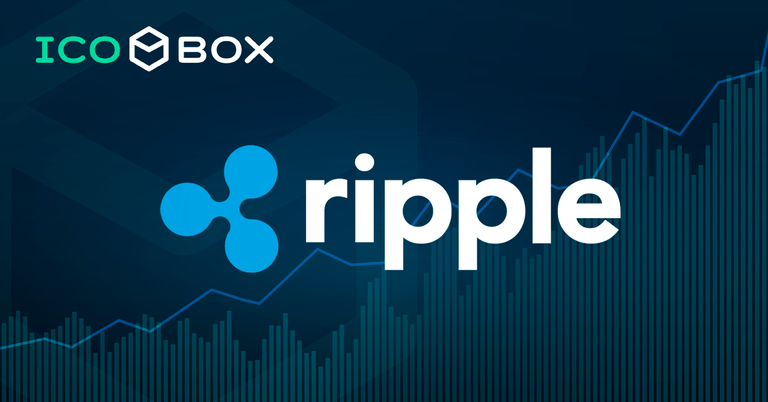Those familiar with the cryptocurrency landscape know that Ripple has come under a lot of scrutiny over the last two years for its lack of decentralization, a compromise it made in an attempt to enable faster and more efficient processing times for currencies. For this reason, the majority of the crypto community tends to believe it shouldn’t name itself a cryptocurrency, considering its business model is entirely pre-mined and is much more centralized than other ‘true’ cryptocurrencies. For years, however, Ripple has had its main product ‘xRapid’ in development, which promises to bridge the gap between currency conversion with a gateway for the two currencies in conversion. Talks of xRapid have been underway for many years now, but on September 17, Sagar Sarbhai, Head of Regulatory Relations for Ripple, appeared on CNBC to announce that the live application should be releasing within a month. The XRP price subsequently jumped over 25% in less than 24 hours.
Ripple has claimed that it is currently working with over 150 banks in attempts to integrate its product xCurrent for easier bulk cross-border payments. If successful, banks could then bring the product to a commercial level, opening it up to a variety of different customers. Although the debate of centralization remains prevalent when speaking of XRP, its speed capabilities are bragworthy. XRP can be sent, received, and confirmed in an average of 3 seconds, with costs at current rates of less than 1/10 of a penny to accommodate transaction fees. By comparison, the Bitcoin core network can process an average of 6 transactions per second, while XRP processes 50,000 transactions per second.
xRapid would aim to solve both institutional and retail consumer and payment woes such as cross-border transaction fees and long confirmation times via XRP. Ripple has previously stated it has formed partnerships with Western Union and Moneygram regarding their use of xRapid for in-house testing.
“The debate amongst developers and blockchain enthusiasts seems to be whether XRP’s fast transaction speeds can make up for the fact that it gives up true decentralization. Cryptocurrencies traditionally must choose one over the other, either speed or governance. Transaction speed can be escalated at the cost of decentralization, and decentralization can be improved at the cost of transaction speed and, in many cases, usability,” says Dima Zaitsev, International PR Lead and Chief of Business Analytics at ICOBox. “xRapid is exciting because it will show cryptocurrency to both retail consumers and institutions. It will give more people the power of digital assets, something that is essential for the overall development of cryptocurrency.”
XRP jumped over 25% within hours of the CNBC announcement, and has continued the uptrend since, increasing by a slightly more than 32% since the CNBC broadcast. Ripple plans to launch xRapid in October 2018.
